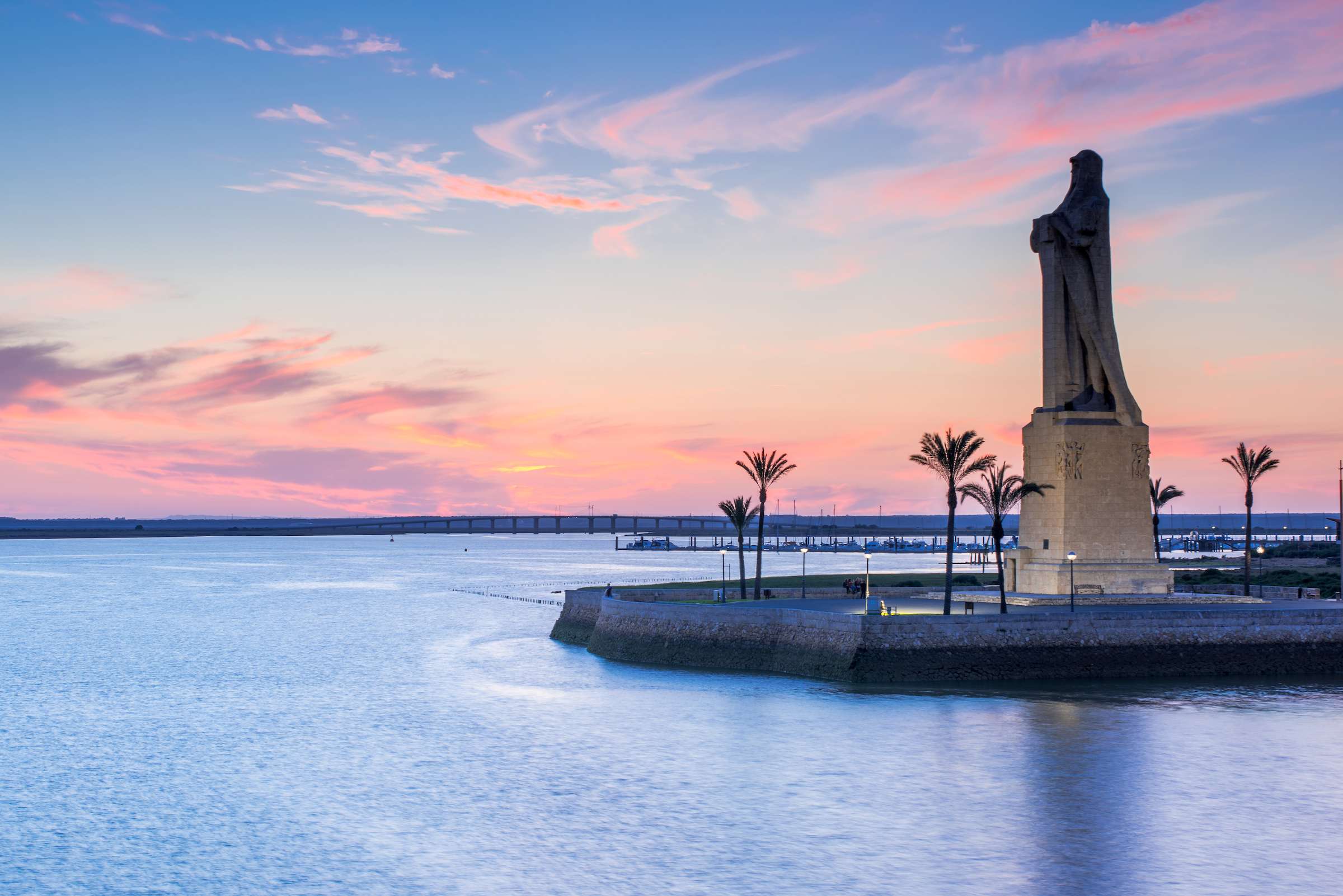Huelva is located in the southwest of Spain in the autonomous region of Andalusia and is the capital of the province of the same name. The city has its own charm and is less crowded by tourists than other coastal towns in the region. Ferries to the Canary Islands depart daily from the port.
Archaeological finds prove that the area around Huelva was already inhabited in the 9th century BC and had trade relations with the Phoenicians. The city flourished under the Carthaginians and Romans. In the 19th century, the exploitation of ore deposits transformed the city into a modern industrial town. The British presence during this time also brought soccer to Huelva and led to the founding of the oldest soccer club in Spain, Recreativo Huelva.
Places of interest
Despite industrialization and modernization, a number of historical buildings have been preserved in Huelva. These include a Roman aqueduct that still supplies the city with water today. At the eastern end of the city, on the Punta del Sebo headland, stands the statue of Christopher Columbus, a gift from the USA to Spain, which marks the starting point of his voyage. Nature lovers can explore the nearby Parque Nacional de Doñana, one of the most important nature reserves in Europe.
Gastronomy and lifestyle
Huelva is known for its culinary diversity, especially for its seafood and the famous Jamón de Huelva. The city offers a unique and authentic gastronomic experience away from mass tourism.
Getting there and transportation
You can get to Huelva via Seville airport and from there by bus or train. Huelva has a well-developed transport network with bus and train connections linking the city with the rest of the country. The port of Huelva is also an important hub for ferry connections to the Canary Islands, especially Tenerife, Gran Canaria and Lanzarote.
